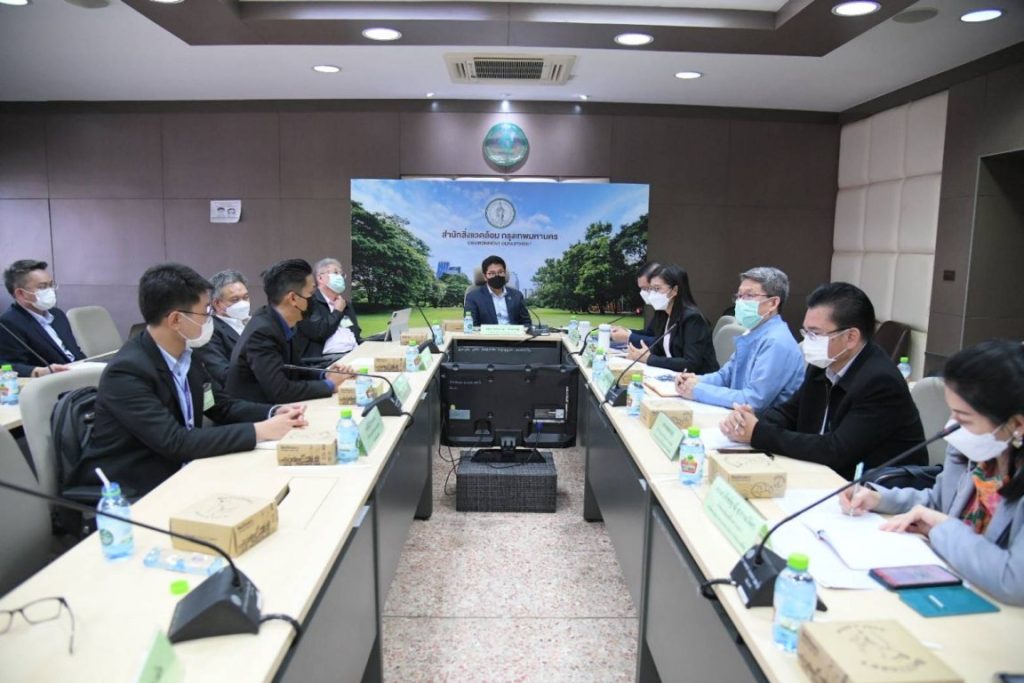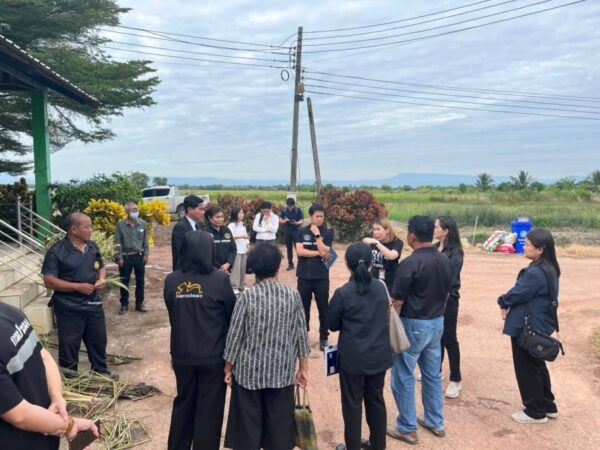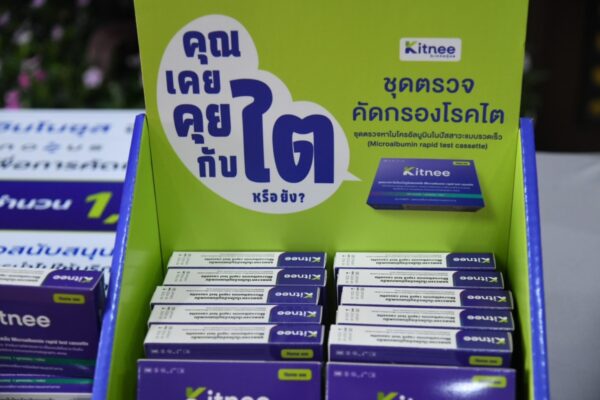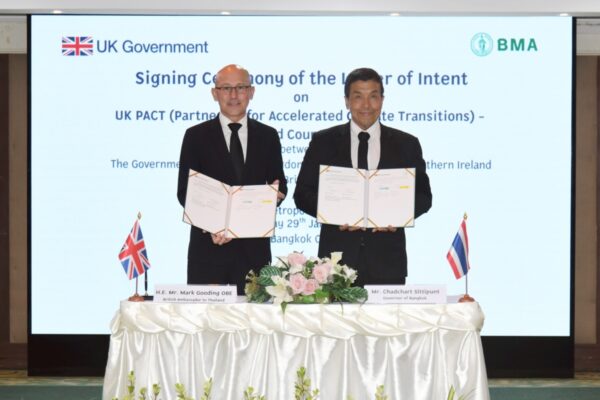The Bangkok Metropolitan Administration’s Environment Department and the Pollution Control Department hosted a forum on Tuesday to discuss approaches to combatting PM2.5 air pollution.
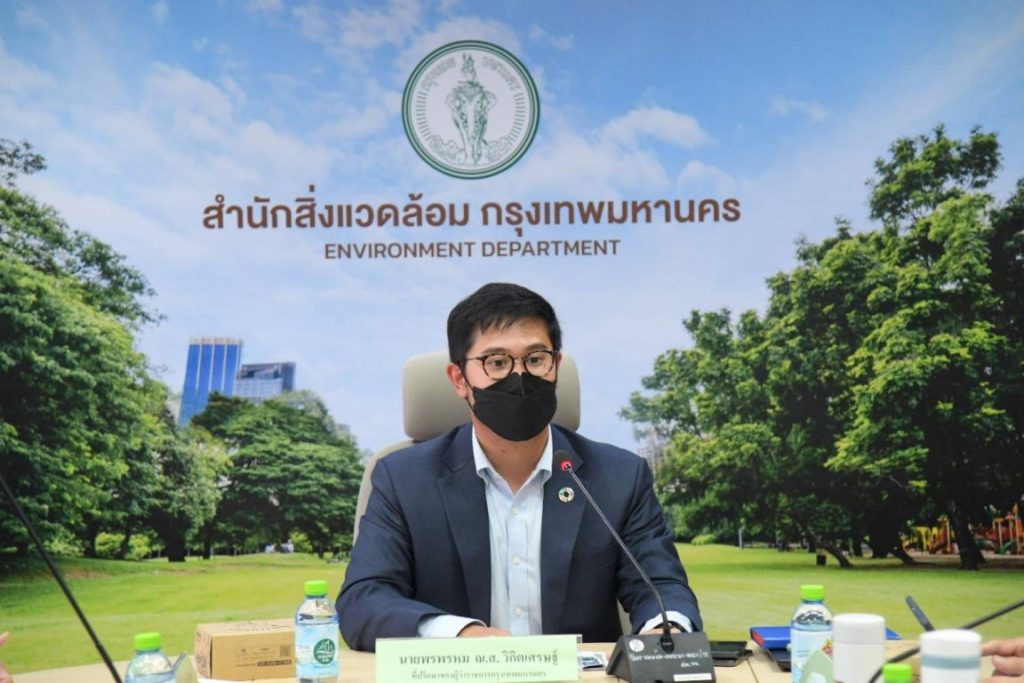
Pornprom Wikitset, the governor’s advisor, and BMA deputy permanent secretary Chatree Wattanakhajorn co-chaired the forum. Academics from Kasetsart and Mahidol universities, the National Institute of Development Administration, and independent researchers joined them.
PM2.5 refers to fine dust particles less than 2.5 micrometres in diameter. Long-term exposure to them is linked with chronic diseases, including lung and heart problems.
The main focus of the discussion was the advantages and disadvantages of spraying water droplets over public roads, office and school buildings and infrastructure – such as bus stops – to reduce fine dust in the air.
Experts cited studies that found that spraying roads may help prevent fine-dust particles close to the ground from spreading, but could not directly tackle the fine dust that is higher in the air.
Spraying, however, would help clean up the road of larger dust and oil strains.
As for spraying buildings, academics agreed that it could help reduce the TSP (total suspended particulate) on building surfaces and prevent wind from spreading them.
However, other methods will be needed to tackle fine dust inside buildings, such as using air purifiers and air conditioners.
Experts also suggested that the city increase the frequency of spraying during the cool season when air is less humid.
The meeting concluded that spraying water droplets on the roads is a temporary fix as the dust returns soon after the spraying stops. Countries facing fine-dust problems tend to use vacuuming vehicles instead of water spraying, experts said.
The meeting also agreed that spraying buildings’ surface is not as necessary as spraying semi-open areas, such as around and under the BTS stations. Consequently, the city will draft an action plan to identify spraying areas and develop a schedule that guarantees the highest efficiency while having a minimal impact on the public, said Pornprom.
Pornprom will advise relevant agencies to adjust their vacuuming vehicles for road operation to align with methods from other major cities, he said.
The city will also prioritise the measurement of fine dust level in indoor areas, as they are where people spend most of their time, especially at child development centres throughout the city, he said.
The BMA is experimenting with an anti-dust system called automatically controlled water curtain at Wichuthit School in Din Daeng district, Pornprom said. It will submit the results after two weeks so experts can use them for future research, he added.

